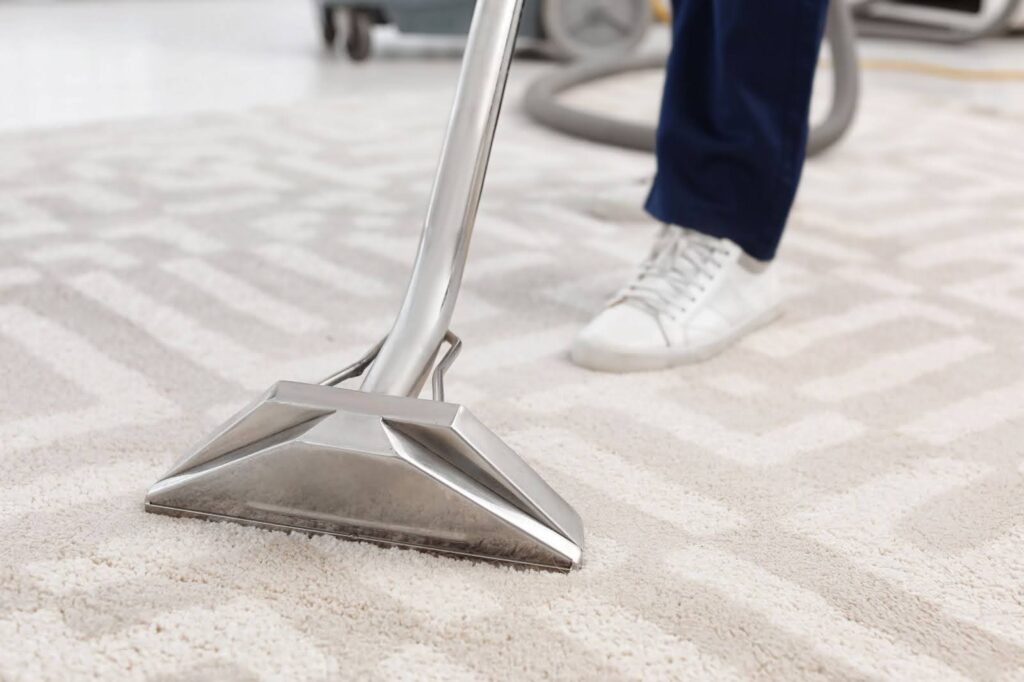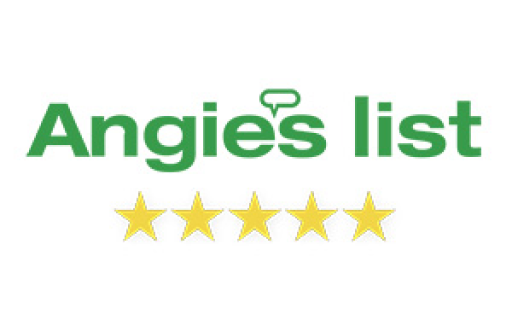Commercial flooring is a huge industry, and there are so many applications for commercial floor coverings. If you have questions yourself, read on for answers to some of the more frequently asked questions about commercial flooring.
Check out our last round of commercial flooring FAQs answered here.
How Do You Properly Maintain Commercial Flooring?
Commercial flooring can last a long time if properly cared for, but what exactly does proper care entail? No matter the type of flooring you have, from carpet to linoleum, the key is keeping things clean. Commercial vinyl flooring is a resilient option that should be cleaned regularly, but it doesn’t call for much else. Vinyl can last a long time when kept clean, so keep that in mind when doing the cleaning or hiring cleaners. Effectively cleaning your commercial flooring will prolong its lifespan greatly, but certain types of commercial flooring need more maintenance than regular cleaning.
Commercial carpeting calls for regular vacuuming and proactive spill cleanups. Additionally, yearly or twice yearly, you should have commercial carpets professionally steam cleaned. Steam cleaning not only removes deep stains and dust, but it can also help to repair the structure of the carpet’s fibers. Since many commercial carpets are made of synthetic materials, the steam and suction help straighten fibers and restore their appearance.
Hardwood floors in a commercial setting need additional upkeep in the form of refinishing every three to five years. Since commercial flooring is usually exposed to a lot more foot traffic than residential flooring, hardwoods will require refinishing more often. Commercial flooring in Nashville has to put up with changes in humidity and temperature year-round, so it’s important to keep hardwoods safe from the elements. Refinishing helps to protect the wooden planks themselves and can greatly improve the aesthetic of your floors. During the refinishing process, you can even change up the stain used, giving your business a whole new look.
What Is the Easiest Type of Commercial Flooring to Install?
Commercial flooring is not easy to install as a DIY project for a number of reasons. The scale of the installation is generally much larger than a residential job, as commercial spaces can be sprawling. Also, commercial flooring needs to be installed with great precision, making it hard for you to just knock it out in a week on your own. Since many commercial spaces are used for production of some kind, you need to be prepared for spills, high impact, and heavy foot traffic. Properly installed vinyl or commercial rubber flooring is effectively waterproof, but the margin for error means that amateur installers might leave gaps that water can penetrate. This can damage the subfloors and contribute to mold, impacting safety and requiring costly repairs.
Vinyl and laminate are probably the quickest types of commercial flooring to install. Since many of these click and lock floors are considered floating floors, the subfloor doesn’t need to be in perfect shape to install. Leveling and repairing subfloors is a must for an effective flooring installation, but that can take some time and cost a bit more. As a result, if you’re in a rush, we might encourage you to opt for vinyl or laminate planks.
As we continue to address new questions in this series on commercial flooring, it is probably clear to you that we take flooring seriously. If you’re ready to work with a Nashville flooring company that will address all your concerns, give Ozburn-Hessey a call today for a free consultation and estimate.




